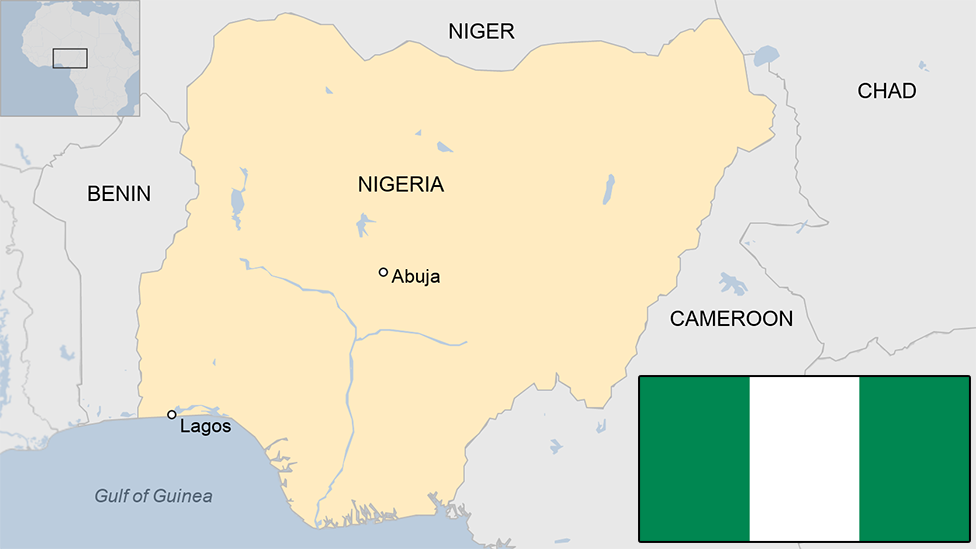Ogoniland oil spills: Shell admits Nigeria liability
- Published

The Niger Delta has few major roads and many villages lack electricity and clean water
Oil giant Shell has accepted responsibility for two devastating oil spills in Nigeria's Ogoniland region.
The Bodo fishing community sued Shell in the UK, alleging that spills in 2008 and 2009 had destroyed the environment and ruined their livelihoods.
Their lawyer said they would seek hundreds of millions of dollars in compensation for one of the world's "most devastating oil spills".
Shell told the BBC it would settle the case under Nigerian law.
Experts who studied video footage of the spills say they could be as large as the 1989 Exxon Valdez disaster in Alaska, when 10m gallons of oil destroyed the remote coastline, the UK's Guardian newspaper reports., external
Until now, Shell has claimed that less than 40,000 gallons were spilt in Nigeria, it reports.
'Severe poverty'
Correspondents say the spillage was caused by pipelines which ran through the village.
Shell stopped pumping oil from Ogoniland in 1993 after the writer Ken Saro-Wiwa - who was later hanged - led a campaign against it for allegedly destroying the environment.
Martyn Day, representing the 69,000-strong community, said they would demand "adequate compensation immediately".
"This is one of the most devastating oil spills the world has ever seen and yet it had gone almost unnoticed until we received instructions to bring about a claim against Shell in this country [UK]," he said.
He said the community had three sets of claims.
The first claim - for at least $100m (£61m) - was to clean up the area.
The second one was for damages to the community land and the final one was for losses suffered by individual families, Mr Day said.
"The Bodo people are a fishing community surrounded by water. What was the source of their livelihood now cannot sustain even the smallest of fish. The spills have caused severe poverty amongst the community.
"Marine life has been devastated within the 2,000 hectares of the creek and the mangroves have been, without exception, destroyed," Mr Day said.
Shell said it accepted the spills were caused by equipment failure and not by sabotage or theft, which it said caused most of the spills in the oil-producing Niger Delta region.
It said it would pay compensation in accordance with Nigerian law but warned it "could take several months to reach a conclusion".
Mr Day said the settlement could set a precedent for other communities in the Niger Delta to seek compensation in British courts.
Communities have repeatedly claimed that international oil firms fail to respect their rights and contaminate their land with oil spills, though the companies dispute this.
- Published23 July 2010
- Published15 June 2010
- Published28 July 2023
